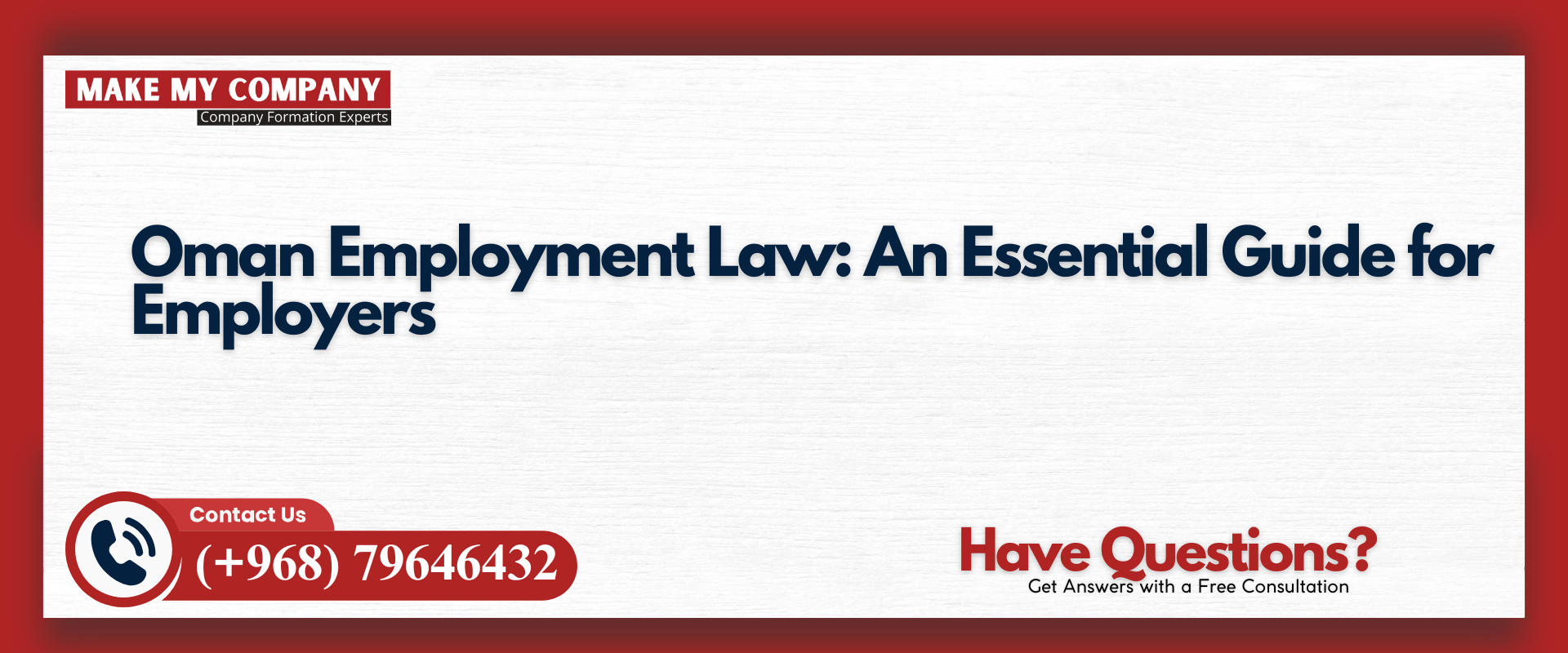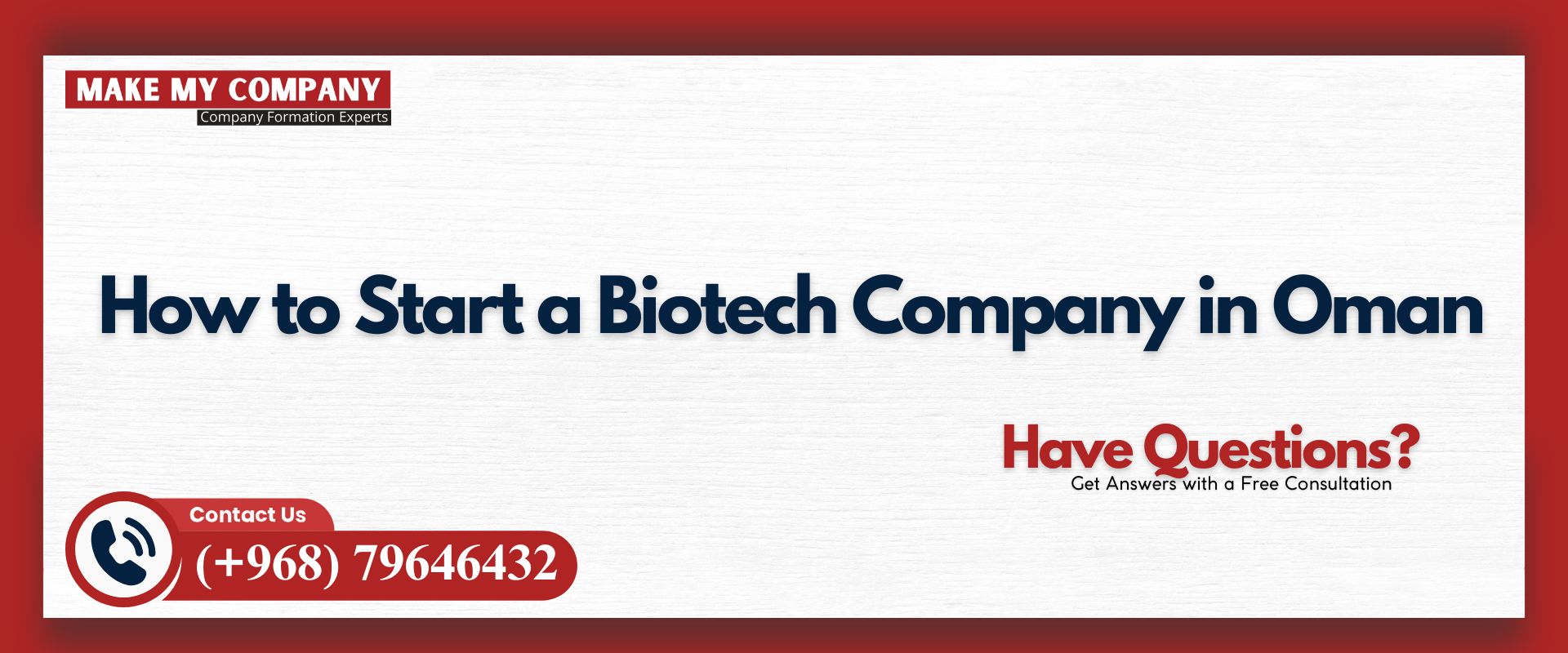Understanding employment law in Oman is crucial for businesses operating in the region. With Oman rapidly developing its economy and workforce, compliance with labor regulations is essential to foster a positive work environment and avoid legal complications. This guide delves deep into the fundamentals of Omani employment law, offering employers a comprehensive overview of the regulations, obligations, and best practices. By fully understanding the labor framework, employers can build strong relationships with their workforce, mitigate risks, and drive organizational success in the Sultanate.
Why Understanding Oman Employment Law is Vital for Employers
Oman’s employment landscape is shaped by a series of labor laws aimed at protecting employees while ensuring fair business practices. For foreign investors and local business owners alike, staying informed about these laws can safeguard against potential disputes and financial penalties. Moreover, compliance not only protects businesses legally but also contributes to a more engaged and motivated workforce, which in turn drives productivity and overall business performance.
Key Benefits of Compliance:
- Establishing clear employee-employer relationships that foster trust and transparency.
- Avoiding costly legal battles and reputational damage.
- Enhancing employee satisfaction, loyalty, and retention through structured policies.
- Maintaining a positive corporate reputation and aligning with Oman’s national development goals.
- Promoting diversity and inclusivity within the workplace by adhering to anti-discrimination policies.
- Contributing to national employment initiatives, such as Omanization, which supports local workforce development.
The Legal Framework Governing Employment in Oman
The cornerstone of employment law in Oman is the Omani Labour Law (Royal Decree No. 35/2003). This legislation outlines the rights, duties, and responsibilities of employers and employees, covering various aspects from hiring to termination. Complementing the Labour Law are ministerial decisions and decrees that address specific employment practices and industry-specific regulations.
Employers must stay updated on legislative changes, as these often reflect broader socio-economic objectives, such as workforce nationalization, gender equality, and improved working conditions. Failure to comply with the evolving legal landscape can lead to fines, operational disruptions, and reputational harm.
Key Provisions of Omani Labour Law
The key provisions of Omani Labour Law encompass a broad range of areas, each designed to regulate and protect both employers and employees. These provisions ensure clarity in employment relationships, define the rights and responsibilities of each party, and create a framework that facilitates fair treatment and legal compliance.
Employers must be aware of their obligations to employees at every stage of the employment lifecycle, from recruitment to termination. This includes providing written contracts, observing working hour regulations, and adhering to health and safety standards. Additionally, the law specifies various entitlements such as leave, benefits, and mechanisms for dispute resolution. By complying with these provisions, businesses can create a harmonious and productive workplace while avoiding legal complications.
Below is an overview of the critical provisions under the Omani Labour Law that employers must adhere to:
Employment Contracts
Employment contracts form the foundation of the employer-employee relationship. According to Omani employment law, all employment agreements must be in writing, specifying key details such as job role, salary, and contract duration. Clear contractual terms help minimize disputes and establish transparent expectations for both parties.
Important Points to Note:
- Contracts can be fixed-term or indefinite, allowing flexibility based on business needs.
- Probation periods cannot exceed three months, providing both parties with a trial period to assess suitability.
- Contracts must include job descriptions, compensation details, working hours, and termination conditions.
- Employers are encouraged to seek legal counsel to ensure contracts align with current labor regulations.
Working Hours and Overtime Regulations
The standard workweek in Oman is 48 hours, typically spread across six days. However, during the month of Ramadan, working hours are reduced to 36 hours per week for Muslim employees. Understanding and adhering to these regulations ensures businesses respect employee rights and avoid penalties.
Overtime Compensation:
- Overtime is compensated at 125% of the regular wage for daytime work and 150% for nighttime hours.
- Employees cannot work more than 12 hours per day, including overtime.
- Overtime should not exceed three consecutive days to prevent employee fatigue and ensure well-being.
- Employers must maintain accurate records of working hours to verify compliance.
Leave Entitlements
Employees in Oman are entitled to various forms of leave, including annual leave, sick leave, and maternity leave. Providing adequate leave not only ensures compliance but also promotes employee well-being and work-life balance.
- Annual Leave: Employees are entitled to 30 days of paid leave annually after completing one year of service. Unused leave may be carried forward or compensated at the employer’s discretion.
- Sick Leave: Employees can avail of sick leave for up to 10 weeks, with full pay for the first two weeks, 75% for the next four weeks, and 50% for the remaining period.
- Maternity Leave: Female employees are entitled to 50 days of maternity leave, with the possibility of an extension for medical reasons.
- Compassionate Leave: Employees can take paid leave for bereavement or family emergencies, fostering a supportive workplace culture.
Hiring and Termination Practices in Oman
Hiring and termination practices in Oman are governed by clear legal guidelines designed to protect both employers and employees. By understanding these regulations, businesses can ensure smooth hiring processes, mitigate risks, and handle terminations with fairness and legal integrity.
Employers must ensure that hiring processes are non-discriminatory, transparent, and in line with Omanization policies. Additionally, terminations should always be conducted in accordance with labor laws, providing employees with adequate notice and justifications to prevent disputes.
Below are the essential points related to hiring and termination in Oman:
Recruitment and Hiring Regulations
When hiring employees in Oman, businesses must prioritize Omanization, a national policy that mandates the employment of Omani nationals across various sectors. This initiative aims to reduce reliance on expatriate workers and build a sustainable local workforce.
Key Considerations:
- Minimum Omanization quotas must be met, varying by sector and company size.
- Preference should be given to qualified Omani candidates, ensuring equal opportunities.
- Work permits are required for foreign employees, and businesses must demonstrate the need for hiring expatriates by proving the unavailability of suitable local talent.
- Employers must conduct transparent recruitment processes and avoid discriminatory practices.
Employee Termination Procedures
Termination of employment in Oman must align with the labor law to prevent disputes. Employers must provide valid reasons for dismissal and adhere to notice periods to ensure fair treatment of employees.
Types of Termination:
- With Cause: Gross misconduct, absenteeism, or breach of contract can justify termination without compensation.
- Without Cause: Employers must provide compensation equivalent to the employee’s salary for the notice period.
- Redundancy: Employers can terminate contracts due to economic downturns or restructuring, provided they follow legal guidelines and offer severance packages.
- Resignation: Employees must provide at least 30 days’ notice before resigning from their position.
Employee Rights and Protections
Oman places significant emphasis on employee rights and protections to ensure fair treatment and workplace safety. Employers are required to create safe, inclusive, and equitable work environments.
Health and Safety Standards:
- Employers must provide a safe working environment, with necessary equipment and training to prevent workplace accidents.
- Employees have the right to refuse unsafe work conditions without the risk of termination.
Non-Discrimination Policies:
- Discrimination based on race, gender, or nationality is prohibited.
- Equal pay for equal work is mandated by law, promoting fairness and equality.
- Employers are encouraged to implement diversity and inclusion programs.
Conclusion
Navigating Oman’s employment laws is vital for building a strong and legally compliant workforce. From understanding labor contracts to adhering to leave entitlements, employers must stay vigilant to foster positive employee relations and avoid legal pitfalls. At Make My Company, we specialize in guiding businesses through the intricacies of Omani labor laws, ensuring smooth operations and long-term success.









